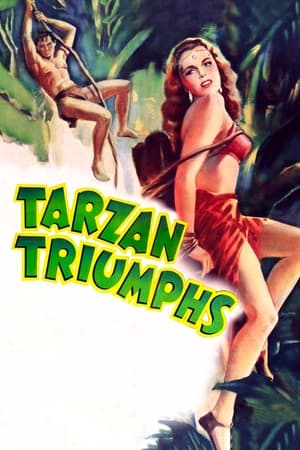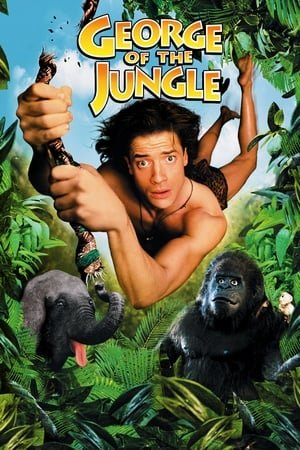Tarzan Movies and TV Shows – Explore Epic Stories & Anime
Beyond the Vines: Exploring the Enduring Appeal of Tarzan
Okay, let's talk about Tarzan. Not just the swinging-through-the-jungle stuff – though that is undeniably cool – but what this character represents and how he’s evolved over decades of film. It's a surprisingly rich topic! You might think it's all just pulp adventure, but there's so much more bubbling beneath the surface.
The core concept is simple: a child raised by apes, bridging two worlds – civilization and nature. Edgar Rice Burroughs created Tarzan in 1912, tapping into anxieties about colonialism, progress, and what it means to be human. Early iterations often leaned heavily into the "noble savage" trope, portraying him as inherently superior to civilized man, a reaction against Victorian societal constraints. Think of those early serials – pure escapism, but with an underlying commentary on the perceived corruption of “civilization.”
What’s fascinating is how Tarzan has been reinterpreted across different eras and film styles. Take Tarzan and the Huntress, for example. Set in a post-war era, it reflects anxieties about exploiting natural resources and the clash between commercial ambition and environmental preservation – themes that feel incredibly relevant today. It's not just about finding animals for zoos; it’s about the consequences of unchecked human desire.
Then you have films like Tarzoon: Shame of the Jungle!… well, let’s just say those are a very different beast entirely. (Seriously, fourteen breasts?!) While undeniably bizarre and likely born from a very specific cultural moment, even these outlandish versions speak to our fascination with the “other,” albeit in a wildly exaggerated way. They highlight how easily the Tarzan narrative can be twisted and exploited for shock value – something we see echoed in modern media all the time.
Even films like Tarzan and the Mermaids, which delve into themes of faith and manipulation, use the familiar framework to explore complex social dynamics. The disguise as a deity? It’s a commentary on how easily people can be deceived when they crave certainty or power.
And let's not forget the constant tension between Tarzan’s two identities – man and ape, civilized and wild. Tarzan and the Lost City really digs into this, showing him wrestling with his place in both worlds. It’s a universal struggle: where do we truly belong? What parts of ourselves do we embrace, and which do we reject?
Ultimately, Tarzan's enduring appeal lies in that fundamental question – who are we? He’s a mirror reflecting our own anxieties about progress, identity, and the relationship between humanity and nature. So next time you see someone swinging through the jungle on screen, remember there's probably a lot more going on than meets the eye!
What do you think makes Tarzan so enduring? Any favorite versions of the story? Let’s chat in the comments!







































